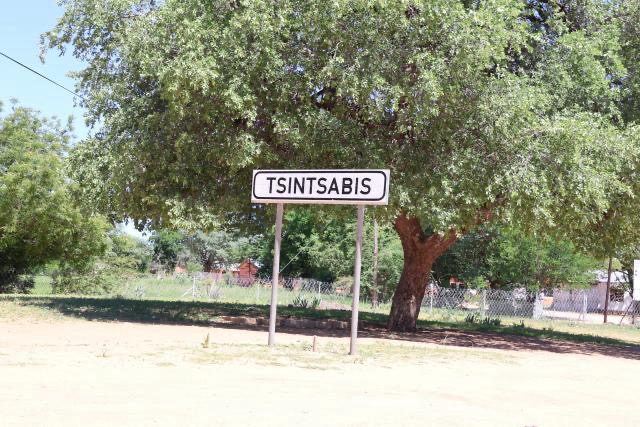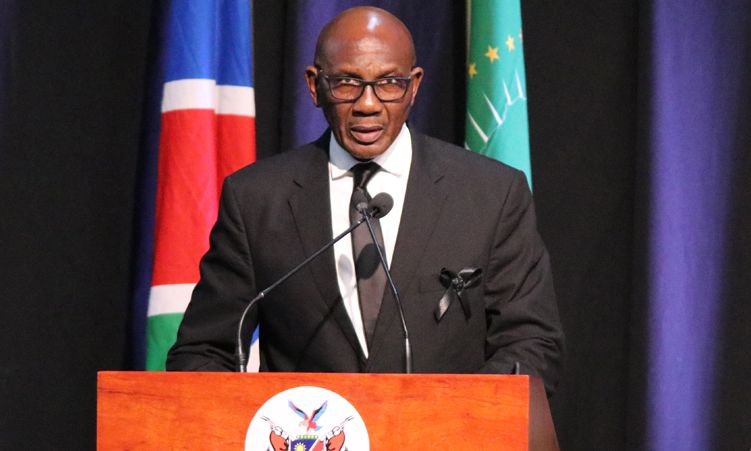The Parliamentary Standing Committee on Human Resources and Community Development will conduct public hearings on water and electricity debt write-offs for local authorities from 28 May to 2 June in the ||Kharas, Hardap and Omaheke regions.
This follows a motion tabled by the deputy leader of the Landless People’s Movement, Henny Seibeb, in September last year seeking to address strategies to permanently write off water and electricity debts of local authorities. Local authorities are reportedly owing NamWater about N$1 billion and NamPower over N$807 million.
Seibeb said the failure of some municipalities to honour debt payments has been a thorn in the flesh of local government administration and continued commodification of natural resources, such as water provision, in a new form of impoverishment of the communities.
“The motion seeks to address strategies to permanently write-off all water debts, especially senior citizens, people living in poverty, unemployed residents,” he said.
Currently, 19 municipalities, town and village councils, and a regional council in the south will have to pay their accounts to NamPower or experience power cuts from 5 June, the national power utility announced on Tuesday.
The affected local authorities in the south are the Rehoboth Town Council, Mariental Municipality, Karasburg Town Council, Gobabis municipality, Aranos Town Council and the Maltahöhe Village Council.
Others are Gibeon, Bethanie, Tses, Koës, Leonardville, Berseba, Kalkrand, Stampriet, Gochas, Witvlei and Aroab village councils, as well as the City of Windhoek, Groot Aub and Brakwater.
The standing committee will visit Lüderitz, Keetmanshoop, Mariental, Rehoboth, Otjinene, and Gobabis.
Stay informed with The Namibian – your source for credible journalism. Get in-depth reporting and opinions for
only N$85 a month. Invest in journalism, invest in democracy –
Subscribe Now!









